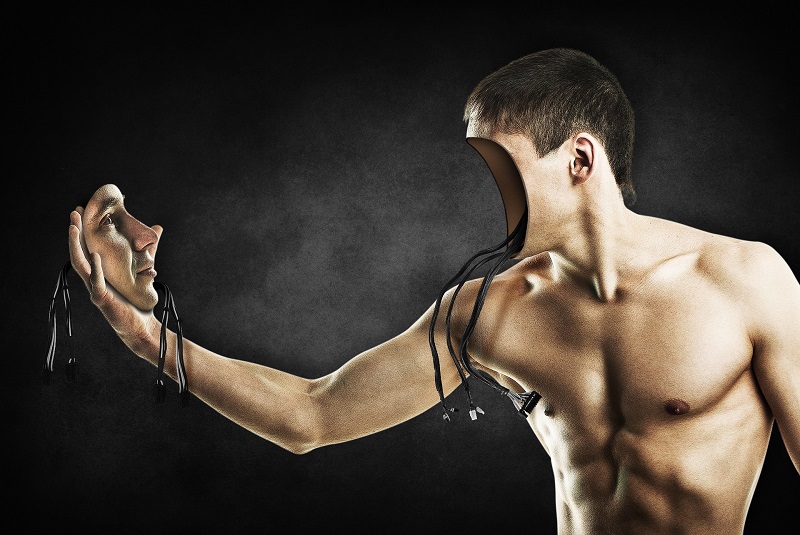Cliche
An android, really? That’s the subject of groundbreaking science fiction from two decades ago, but people have kept adding to the breadth of robot narratives. If I formatted all the stories about robots developing self-awareness in Times New Roman size 12, the string of words could reach the sun, where they may meet their fiery fate. Maybe I dislike the trope because I’m hesitant to admit how relevant it’s become to daily life.
What’s actually interesting: I think maybe robots are one of, if not the, first technology to become hackneyed in literature. Interesting because robots in fiction were given capabilities way beyond their then-current capacity. In 2019, however, robots are being developed that actually can recognize faces, perform military duties, tend a household, and all the other actions we used to consider distinctly human and used to be perfectly sound indicators to distinguish A.I. from a real person. In short, robot-fiction then is robot-reality now, which begs the question:
Who came up with the ideas for modern robots, authors or scientists? Probably neither on their own, but think of the little boys and girls who grew up reading Star Trek or Ray Bradbury. Some of them are probably in a lab soldering a circuit right now, in a way recreating the android character from Star Trek that maybe inspired them as adolescents to pursue robotics.
Or, it was inevitable for the idea to come up, and no unique mind was needed to imagine the possibilities. I say that because it’s likely that the author and scientist share the human urge to anthropomorphize. It’s a precarious and arguably hypocritical balance. On one hand we like to feel like animals and things are similar to us, it provides us with kinship. Or, less flatteringly, maybe we liken animals to ourselves because that’s the only way we know how to look at things (in the way that America is the whole world to Americans). Maybe that’s not bad, and maybe it’s not even worth evaluating how we look at other animals because we can’t really help but engage with them in the way we engage with everything else, on a neural level stimulus and response is developed as a result of what we spend the majority of our time doing (e.g. interacting with people). On the other hand, we find it offensive to be compared to animals and like to set ourselves apart from them. The scientist wants to create a robot that’s like a human; close the gap. The author usually wants to create a distinction between the two; widen the gap.
However, the author and scientist’s differing pursuits lead to the same narrative. One to be read and the other to be lived, respectively.
Let’s write about some new things. There are more pressing existential issues just begging to be written about before (or maybe alongside) their eventual inception.
